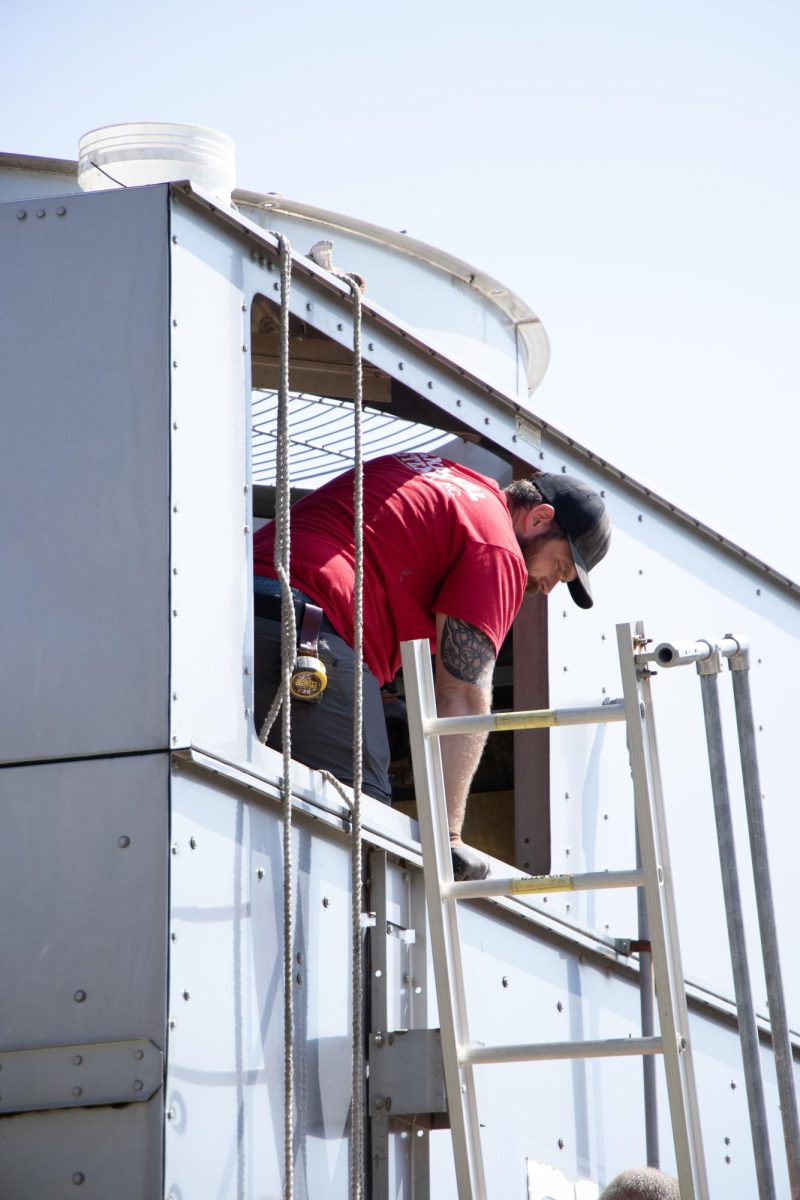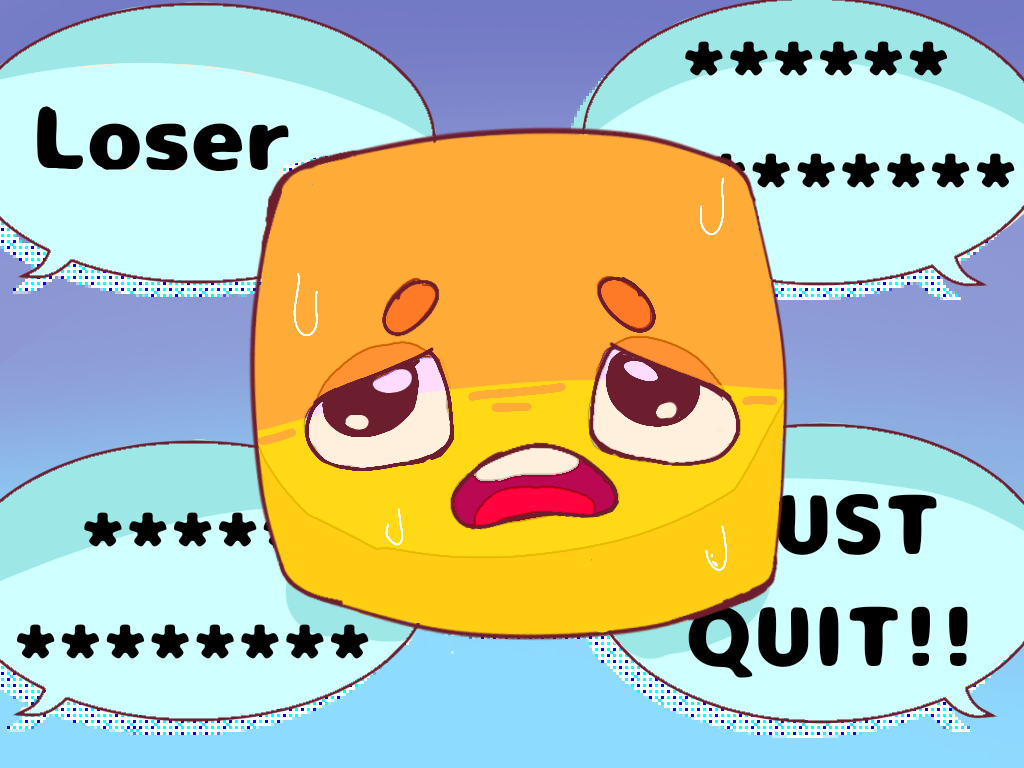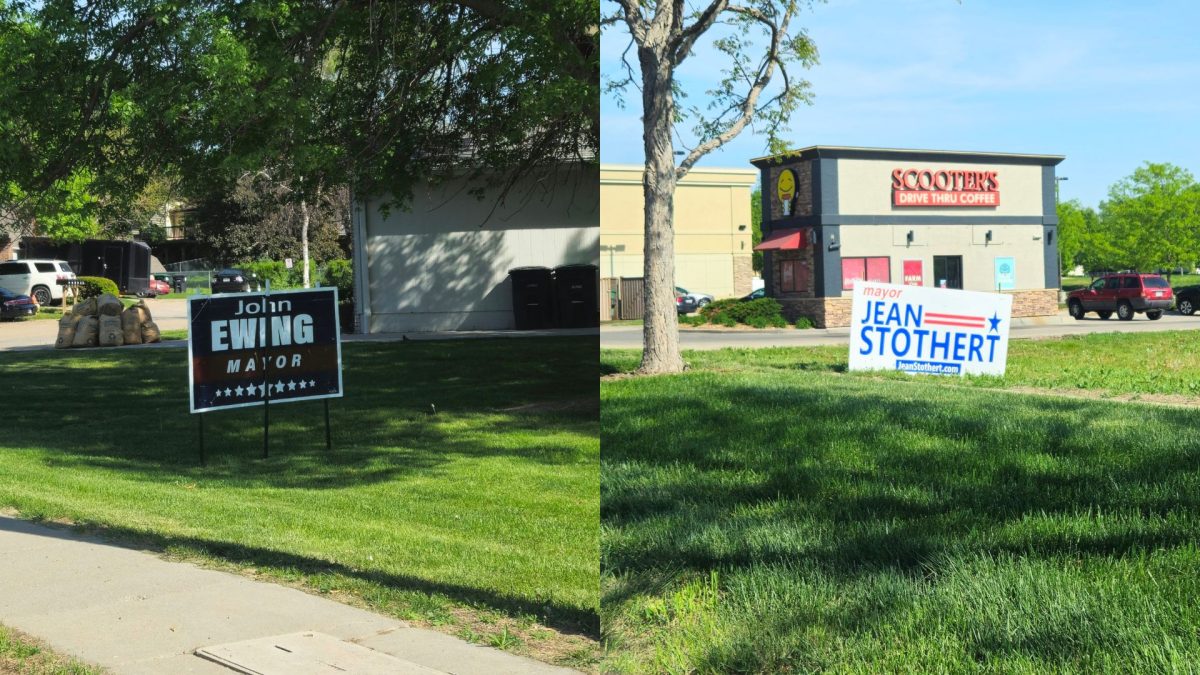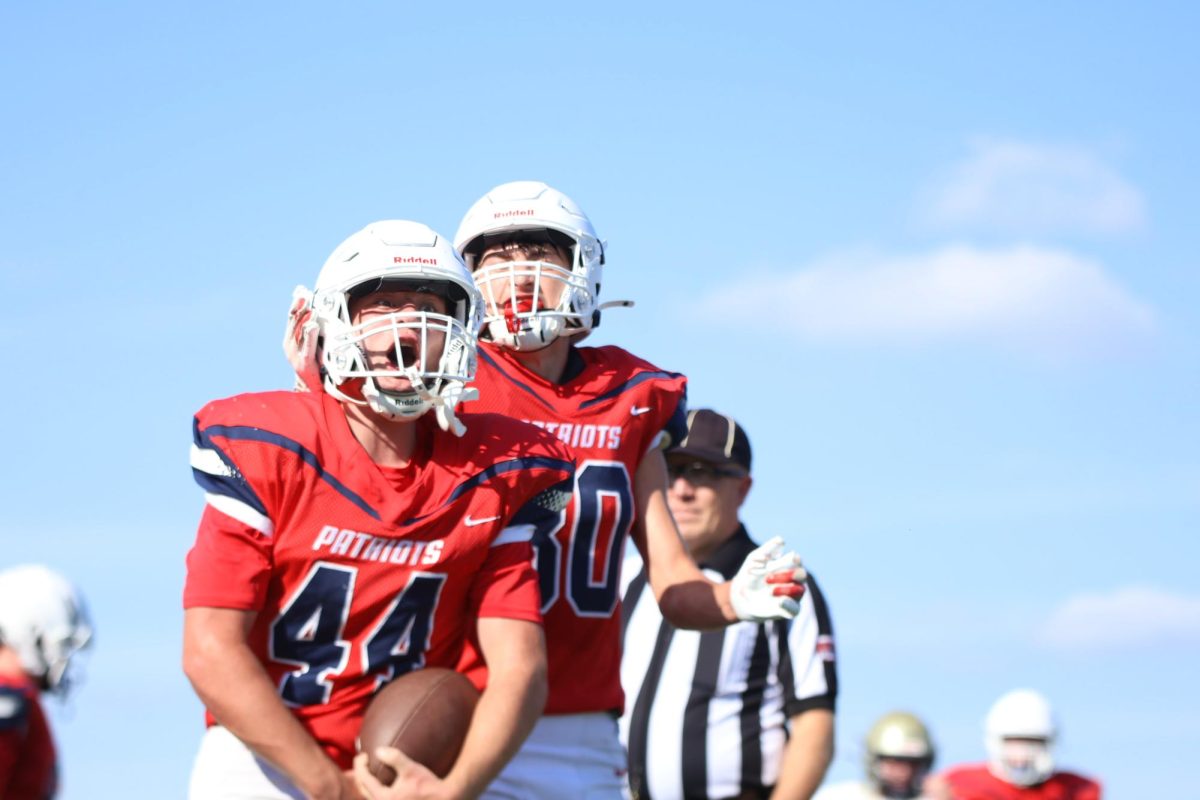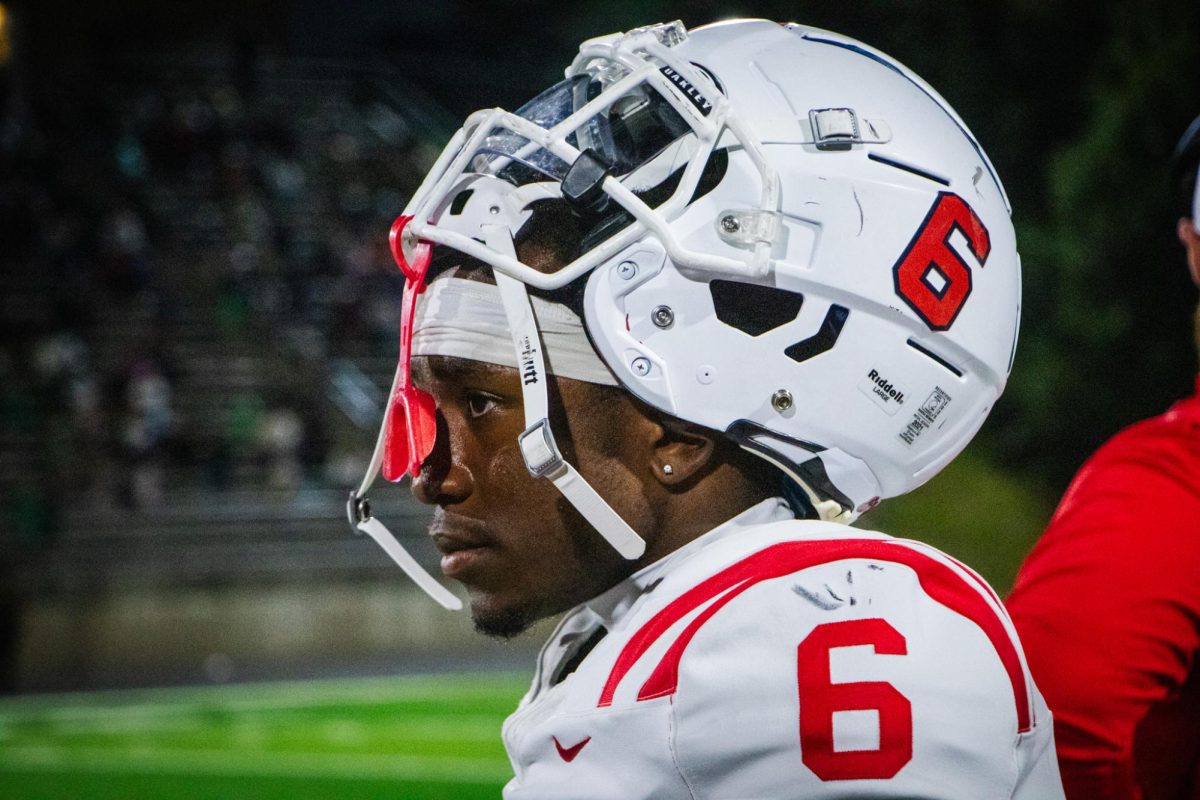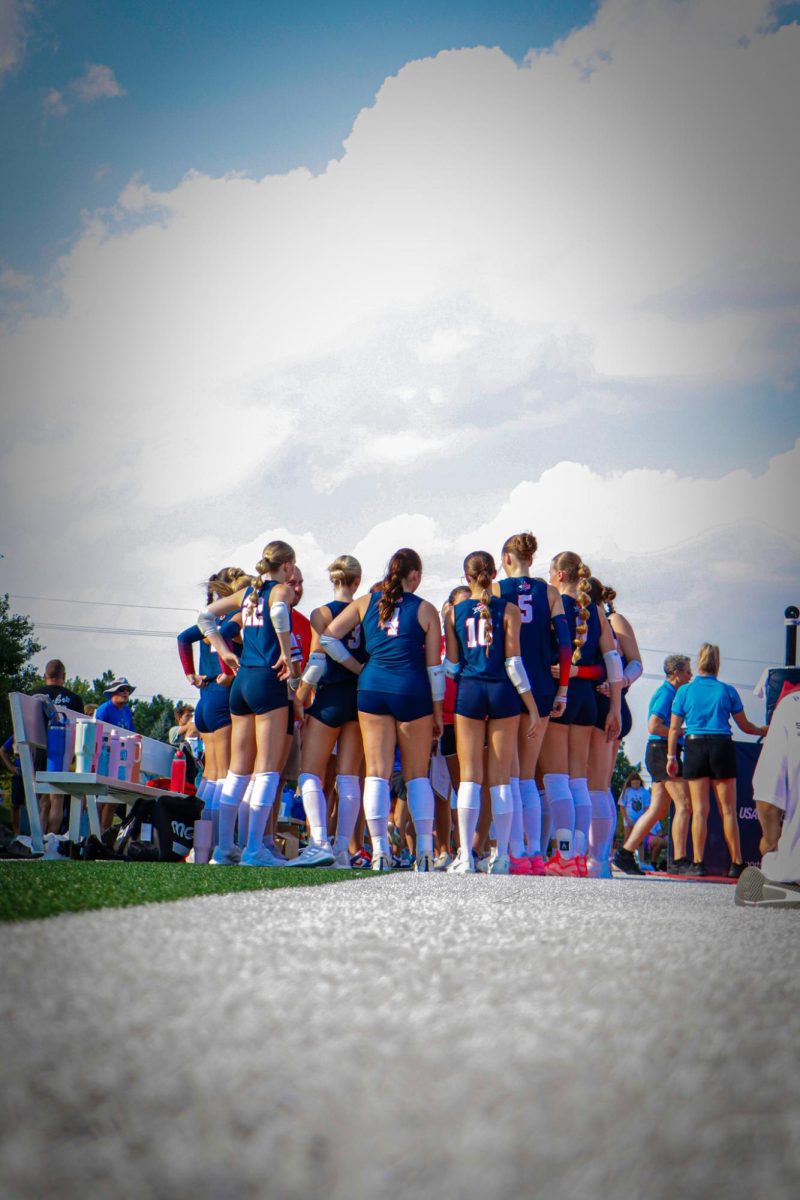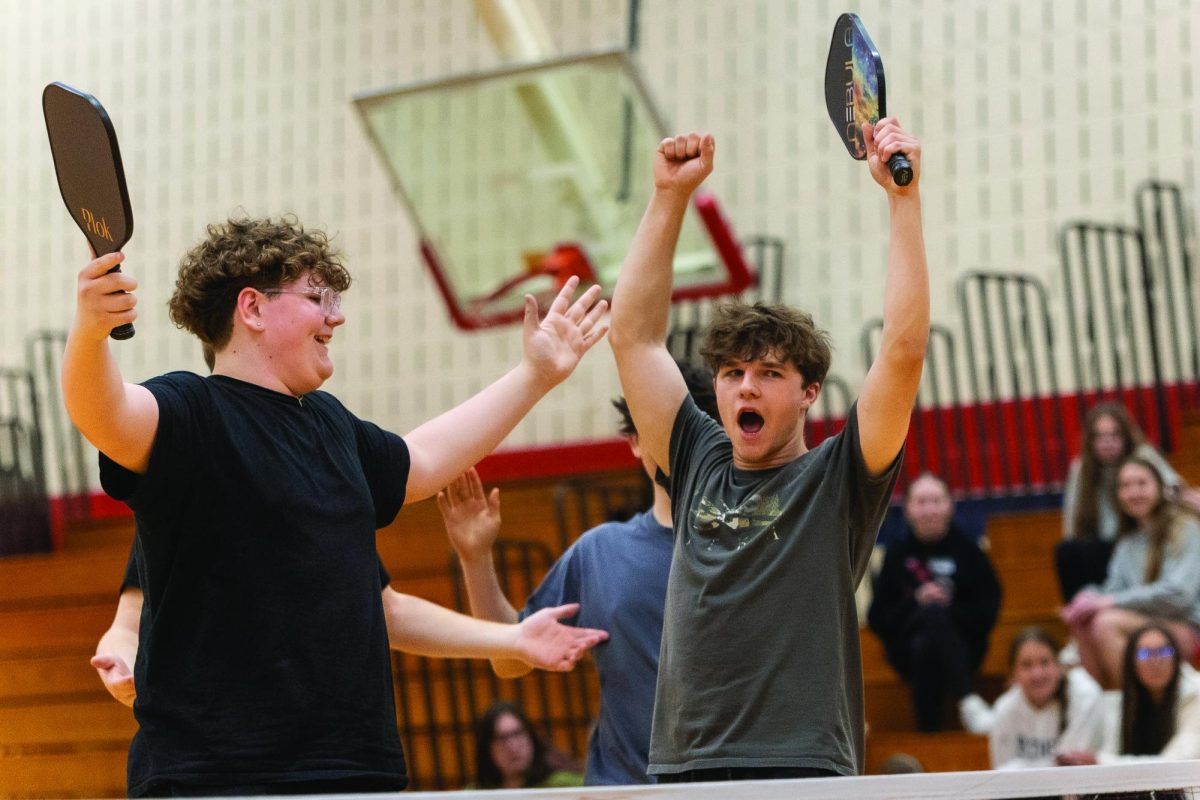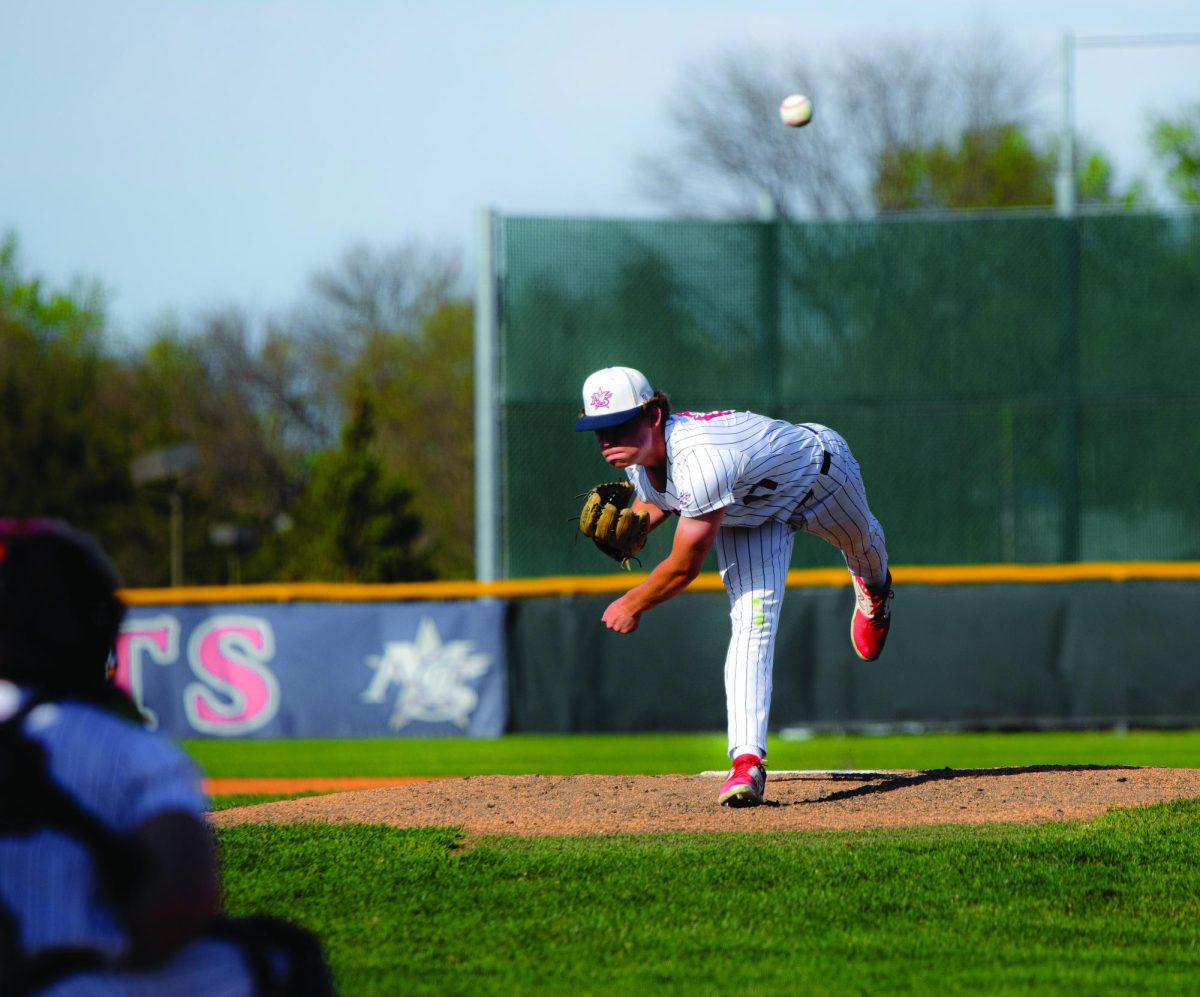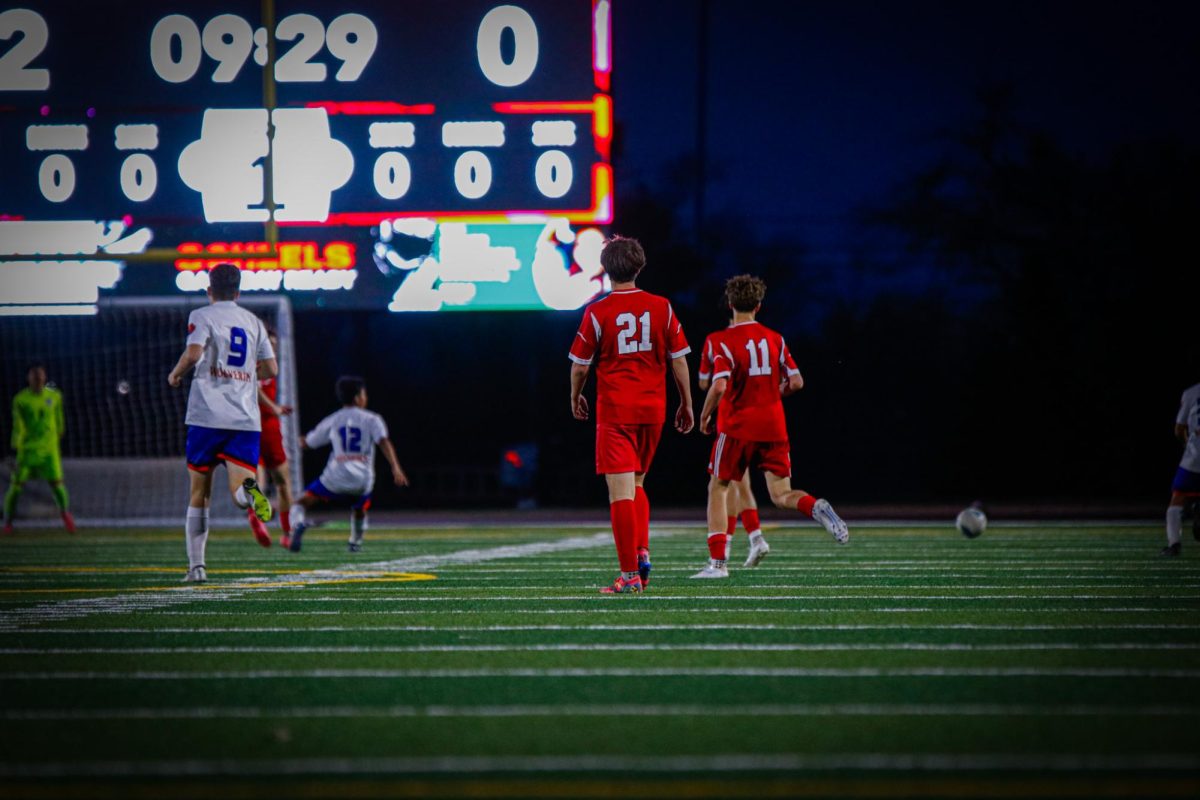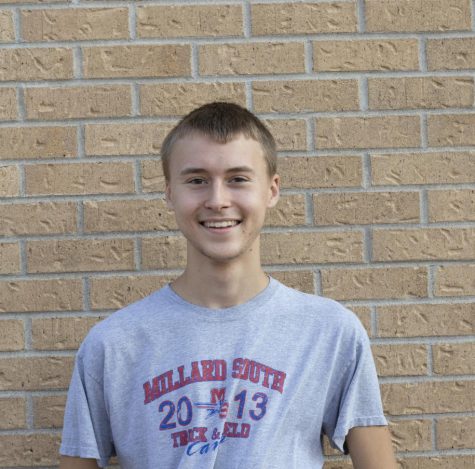Across the country, many state governments have been debating on whether collegiate athletes should be allowed to get paid for their likeness. California was the first state to allow athletes to profit off their image, and several other states have followed. Recently, this debate has reached Nebraska’s Unicameral in the form of Legislative Bill 962.
Senator Megan Hunt, who is one of the primary senators representing this bill, explains the proposed changes, “[College Athletes] will be able to make money for their name, image, and likeness rights.” If this bill passes, a collegiate athlete can profit off things like jerseys, shirts, and other items with his or her name and likeness on it. As it currently stands, the revenue from this merchandise only benefits the university.
“Currently, most student-athletes are living in poverty. Only two percent go pro, so most never have the opportunity to take advantage of their name, image, and likeness at a time when it is most profitable or even relevant,” Hunt said.
Student-athletes put in a giant amount of work for their sport, practicing often and travelling cross-state to compete. This leaves them little time to work a conventional job.
“Student-athletes deserve the same opportunities to make money as every other student on campus,” Hunt said.
Senior Halle Meyer is committed to play softball at Midland University, and her thought on the subject reflected those of Senator Hunt.
“Student-athletes don’t have time to work like normal students, so it’s only fair they get the opportunity to make money,” Meyer said.
And as it turns out, Nebraska State senators think it’s only fair as well.
“Only four Senators voted against the bill,” Hunt said. “The University does not oppose it and the NCAA has not made any statements against it,” Hunt said.
The bill has no large obstacles and has the support of 45 of the 49 senators, meaning it has a very good chance of passing.
LB 962 won’t pass instantly, however. “This bill is currently on Select File and will have to be voted on two more times to become law,” Hunt said.
In the meantime, student-athletes can look forward to the opportunity of profiting off their time commitment.
“People work really hard in college sports, and it’s good they could get some return for it,” said senior Savannah Schewe, who is committed to play softball at College of Saint Mary.
“I definitely think it would help student athletes a lot,” Meyer said.

